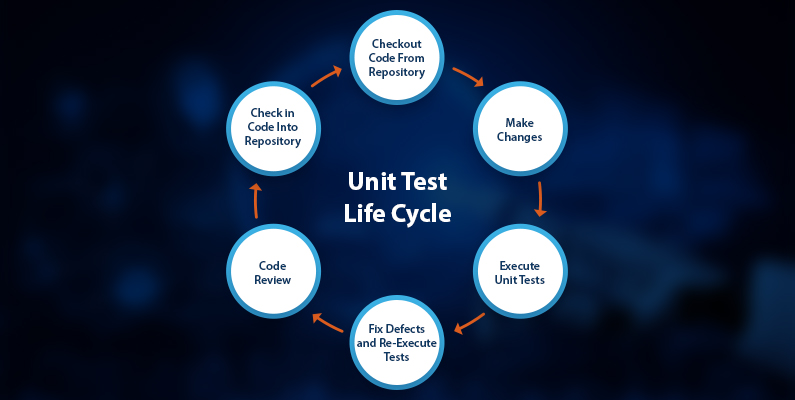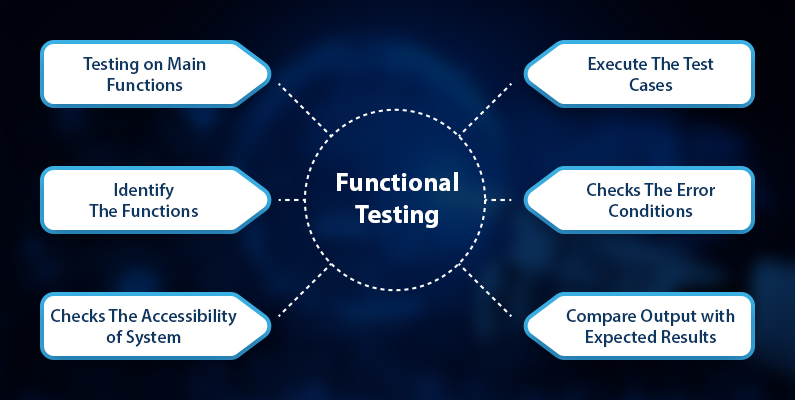Testing is one of the most critical steps in the Software Development cycle. It plays a vital role in identifying bugs and defects in the software before the implementation phase. It is also regarded as one of the best ways to boost the software’s efficacy, efficiency, and speed.
The testing world has undergone significant changes because of technological advancements, one of which is the quick shift from manual to automation testing.
Before moving further, let us understand the basics of automation testing.
What is Automation Testing?
Automation testing is a software testing method that uses automation tools to execute the test case without the intervention of a manual tester. It then compares the actual test results with the expected results and generates a detailed report of the success or failure of the tests. It is known as automated because of its ability to run thousands of test case scenarios in a few minutes.
Need for Automation
The primary purpose of automation testing is to reduce the number of test cases that are to be run manually. Automation testing is suitable for large projects that require repeated testing. Automation makes this possible by allowing the testers to record the test suite and re-play as needed. Automation of test suites eliminates the need for manual intervention and reduces the test cycle time. As a result, most businesses prefer automation testing to manual testing.
Which tests should be automated?
It is not difficult to automate all the tests at once. Some of the test cases that can be automated possess the following characteristics:
- High-Risk test cases
- Test Cases that are very complex or time-consuming
- Repetitive and monotonous tests
- Tests that require multiple data sets
- Testing different OS/browser combinations
Types of Automation Testing
There are many different types of test automation. The most common types of automation testing are:
a) Unit Testing:

It tests individual components, or units of software code, to see if they function correctly in a standalone context. This type of test is not dependent on a database, file storage, or any other external dependencies.
b) Integration Testing:
Also known as end-to-end testing. All the individual software modules are combined and tested as a whole, verifying the software’s functionality.
c) Smoke Testing:
It is also known as build verification or confidence testing. These are post-build tests that are run right after the software is deployed to ensure its stability and viability. Any build which fails this test is considered “unstable” and is subjected to additional testing to identify the source of the issue.
d) Regression Testing:
Regression testing entails re-running functional and non-functional tests to see if the software’s quality and performance remain unchanged after a code change. It ensures that the changes did not hamper the software’s functionality.
e) Functional testing:

It examines the business logic and functioning of the software. Functional testing focuses on verifying the output rather than checking the intermediate stages.
f) Keyword Testing:
In keyword-driven testing, data files containing keywords linked to the application under test are used. Each term defines a series of actions that need to be executed to complete a step.
g) Data-driven Testing:
Data-driven testing entails extending your automated test cases using data from outside the system. Data-driven testing allows for the reuse of test codes across numerous data sets, saving time and money.
Benefits of Automation Testing
There are numerous advantages of Automation Testing. Some of them are:
1. Save time and money
A successful development cycle often requires running repetitive tests. Manually repeating these tests is a time-consuming and expensive task. Automation testing enables you to reuse the test scripts without incurring additional costs. It is 70% faster than manual testing and saves a significant amount of time for testers and the organization.
2. Increased Test Coverage
Test automation enables execution of several test cases at the same time, ensuring that more features are checked, and high-quality software or applications are produced.
3. Faster feedback
Manual testing is a tedious process and takes a significant amount of time to test the new features. Test automation helps shorten the feedback cycle, identifies defects in the early phase of development, and allows quick dissemination of relevant information, resulting in the faster delivery of the product into the market.
4. Improves Accuracy
Automation testing eliminates human intervention while executing test scripts. Automation testing is quicker, accurate, and more efficient than manual testing.
5. Reusability of test suite
Automation allows the tester to create the testing scripts once and reuse them several times as needed. Even if the OS version changes, it eliminates the need to develop new test scripts.
6. Bug Detection
Automation testing can find bugs early in the development phase, saving time and effort.
Wrapping Up
Automation testing has the potential to transform the way you perform testing. Now is the right time to embrace automation through automation testing tools. These tools help your business to stay on the top by tracking bugs, defects, issues at the right time, which may derail the production process and may incur a higher cost if not resolved at the right time.
Make Test Automation a breeze with advanced test automation tools
With test automation tools like TestingWhiz, automation is a breeze. TestingWhiz is a codeless test automation solution, which offers complete automation with full circle support on Web, Desktop, Mobile, Web Services, and Database Testing.
The key features include record and playback functionality, cross-browser testing, regression testing, integration with CI/CD, test management and bug tracking tools, etc.
A quick demo with the TestingWhiz team can simplify and accelerate your testing journey.
Blog first published on Cygnet Infotech.